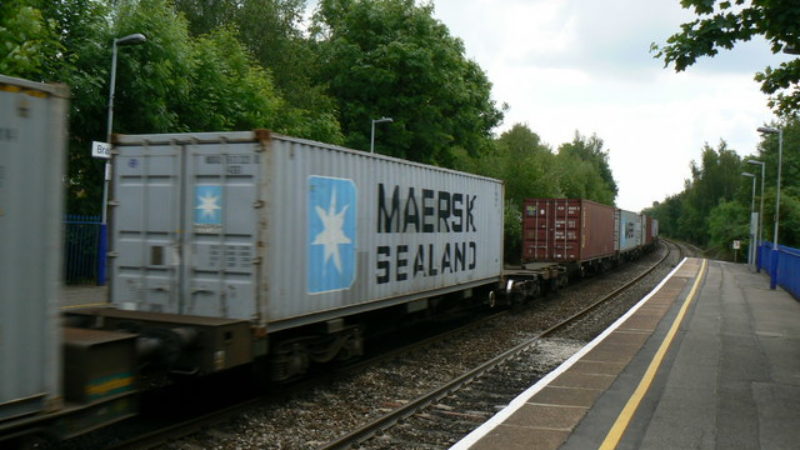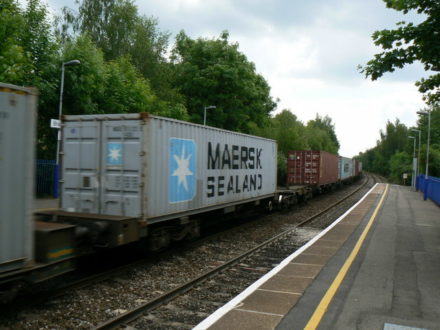

John McDonnell and Andy McDonald are meeting with railway unions today to discuss the issues facing the freight sector.
The shadow chancellor and shadow transport minister met with representatives from ASLEF, TSSA, RMT and Unite in the wake of DB Cargo’s announcement of 900 job losses last month.
The Union’s shall encourage Labour to look closely at the issues facing the freight sector, and TSSA are encouraging Labour to back a pledge to take back control of Britain’s leading freight company from the German state owned company Deutsche Bahn, to ensure that the sector remains a strong component of a post-Brexit industrial strategy.
DB Cargo state that they need to fully restructure in response to pressures on British steel, the reduction in coal usage and the Brexit vote. The company owns more than 70 per cent of the British freight industry.
General secretary of the TSSA Manuel Cortes said: “We welcome the focus Labour’s front bench are bringing to the plight of our freight industry. It is such a strategically important industrial asset that we simply cannot afford for it to be run down according to the priorities set by German government’s rail chiefs.
“Jobs are being culled and the latest job losses will further erode our national skill base which is so hard to retrieve once lost. Proposals to sell off depots and land will erase the sites for future freight hubs and adversely affect the maintenance of our railways themselves, as these depots house ballast and materials vital to track maintenance.
“TSSA supported staying in Europe to protect jobs and workers rights but if Theresa May triggers Article 50 without putting in place a plan to also take back control of our rail freight industry, then all the Tory talk of taking back control of our country is hollow and UK freight will remain part of Germany’s state-owned infrastructure.”
Mick Whelan, ASLEF general secretary made clear that: ‘‘We are now at the point of no return for freight in the UK where, after the collapse of false competition, and with millions going abroad, we are threatened with collapse by the German operator DB Cargo. The government has not responded to our letters, or concerns on what will happen, not only to the freight sector, but to the maintenance of the infrastructure.
He added: “The silence of all the major stakeholders speaks volumes about the chaos that is about to ensue, with no plans, no strategy, and no support from a government that does not care, and a public that is unaware of how close to the brink we are.”
Unite Regional Officer, Kevin Hepworth focussed on the necessity of a strong freight industry, saying: “without a rail freight network fit for the 21st century the government’s much promised industrial strategy is in danger of hitting the buffers. Manufacturers will be forced to transport their goods and raw materials by road, meaning more heavy lorries and more congestion for the nation’s drivers.
“Government ministers need to intervene to ensure the drastic consequences of DB Cargo cuts aren’t realised and that hundreds of skilled workers are not lost to an industry which is integral to our manufacturing future.”
*This story was edited on 16.11.16 to remove an inaccuracy based on information contained in a press release




More from LabourList
‘The hope that kills you’: Reflections from the final day in Gorton and Denton
MPs, union leaders and organisations react to ‘bruising’ Gorton and Denton result
A gory night for Labour